With the major companies largely on their summer breaks, the Edinburgh International Festival struggles to programme a high standard of dance (though, having said that, I have memories of being taken in short trousers to the 1967 festival and seeing New York City Ballet during its glorious prime). The dearth tends to be masked by falling back on what used to be called ‘ethnic’ product and that peculiarly French phenomenon, the multimedia event spanning circus, mime, video and spoken text, usually sewn up with some thread of an over-arching theme thrown in.
Already a subscriber? Log in
Subscribe for just $2 a week
Try a month of The Spectator Australia absolutely free and without commitment. Not only that but – if you choose to continue – you’ll pay just $2 a week for your first year.
- Unlimited access to spectator.com.au and app
- The weekly edition on the Spectator Australia app
- Spectator podcasts and newsletters
- Full access to spectator.co.uk
Unlock this article
You might disagree with half of it, but you’ll enjoy reading all of it. Try your first month for free, then just $2 a week for the remainder of your first year.

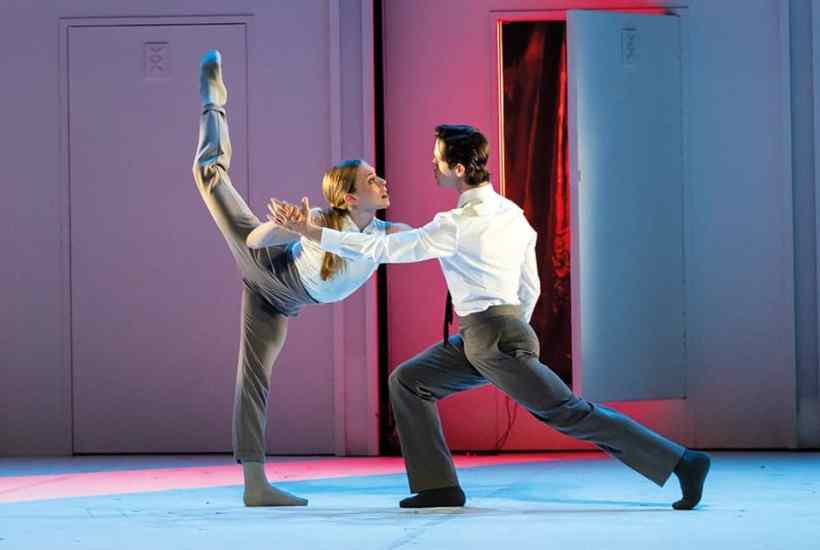
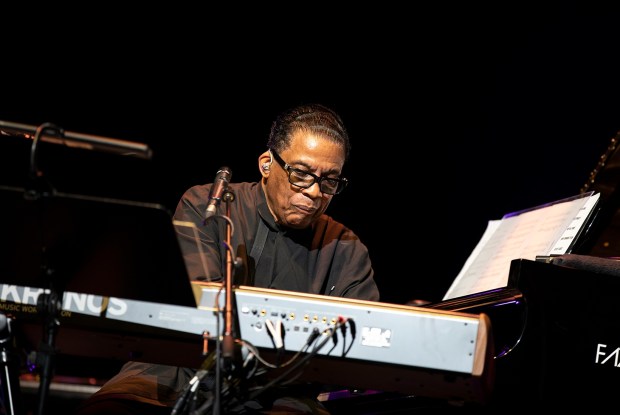
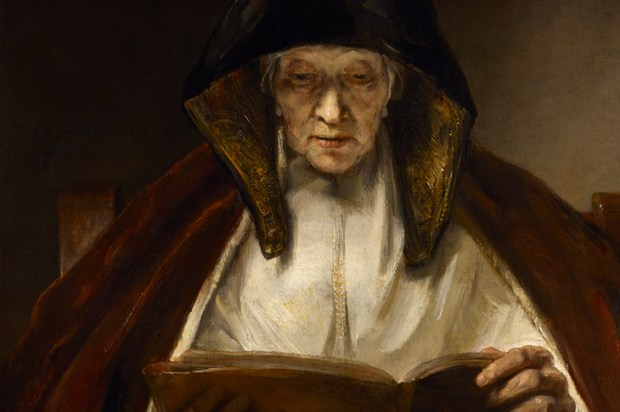
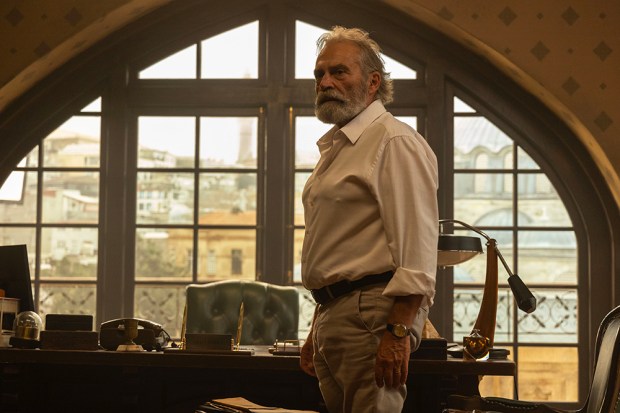
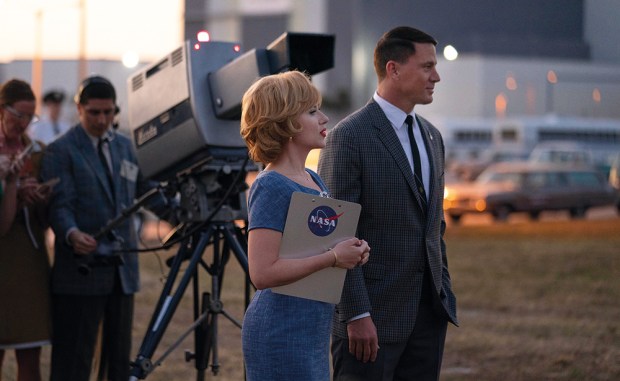
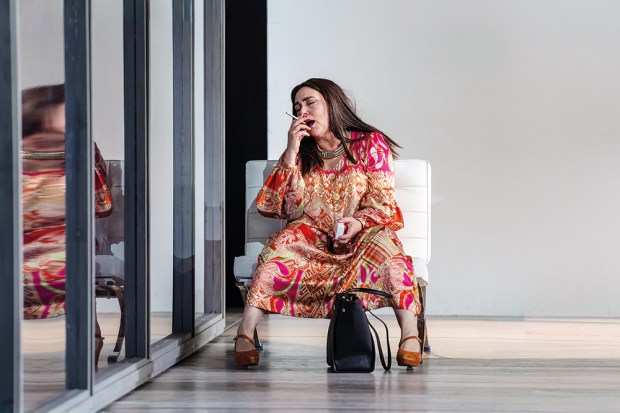







Comments
Don't miss out
Join the conversation with other Spectator Australia readers. Subscribe to leave a comment.
SUBSCRIBEAlready a subscriber? Log in